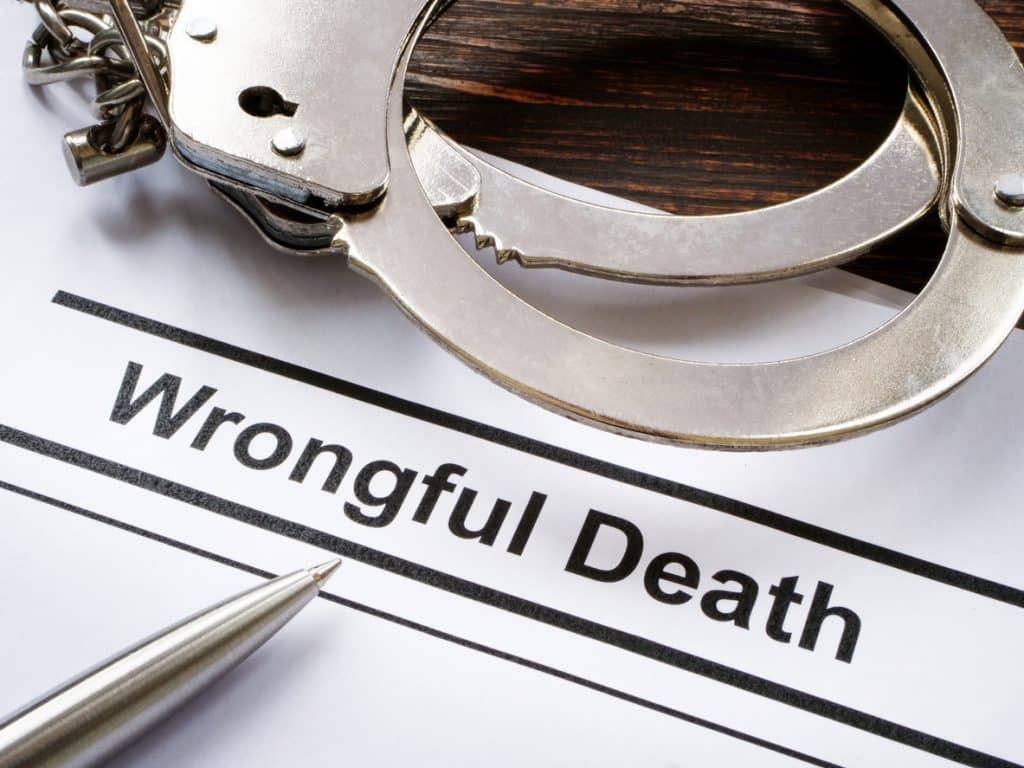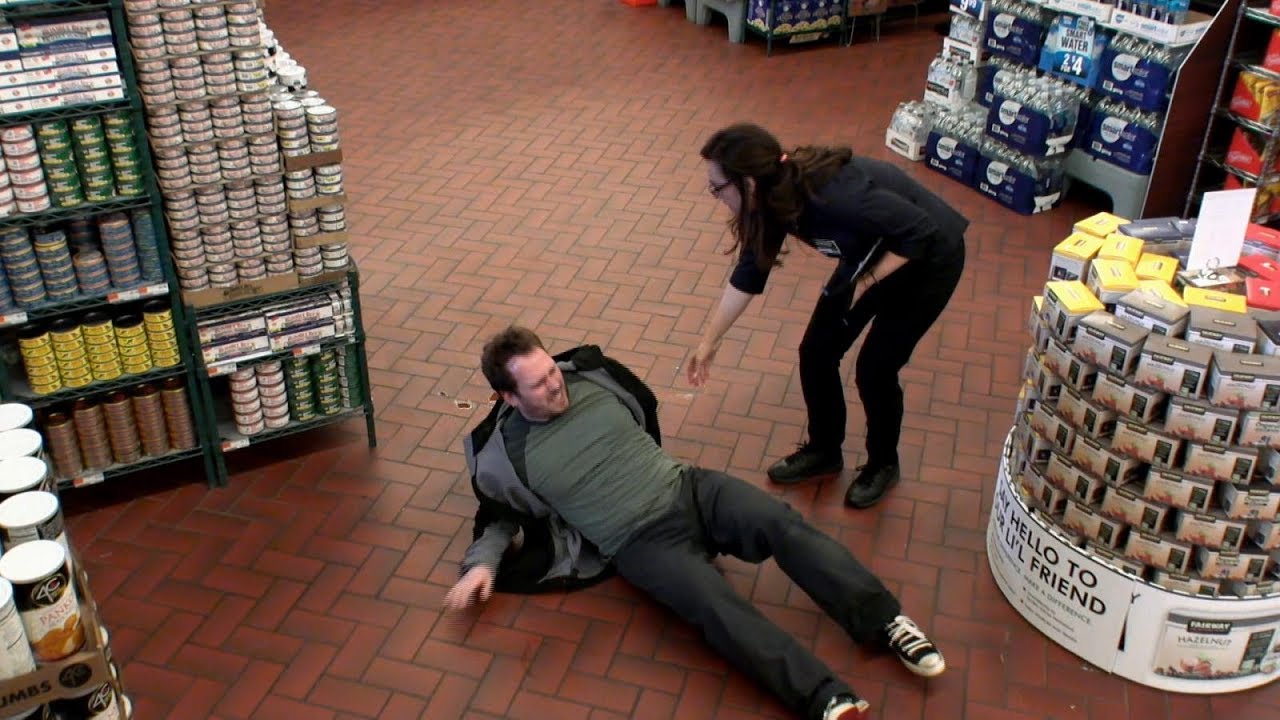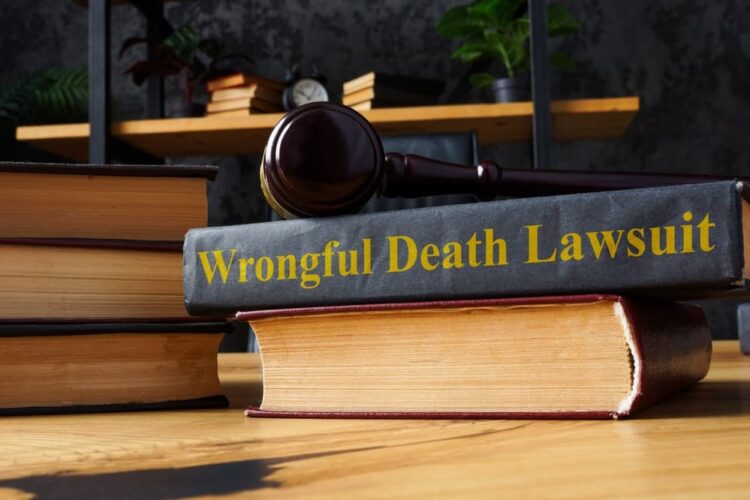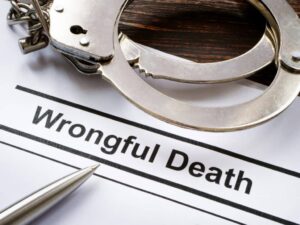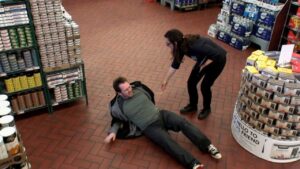Losing a loved one due to someone else’s negligence is an emotionally devastating experience. Beyond the grief, families often face financial hardships, including funeral expenses, medical bills, and loss of income. In these cases, a wrongful death lawsuit can help surviving family members seek justice and compensation. However, proving that negligence caused the death requires strong evidence. Without proper documentation, insurance companies and defense attorneys may attempt to dispute liability or undervalue the claim.
Understanding the types of evidence that strengthen a wrongful death case is crucial for families seeking justice. From accident reports and medical records to expert testimony, gathering the right evidence is key to establishing liability and securing fair compensation.
How to Prove Negligence in a Wrongful Death Case
A wrongful death lawsuit is based on proving negligence, which requires establishing four key legal elements:
Some of the most common tactics used by insurance companies include:
- Duty of Care – The responsible party had a legal obligation to act safely and reasonably.
- Breach of Duty – The responsible party failed to uphold their duty through negligence, recklessness, or misconduct.
- Causation – The negligence directly caused the victim’s death.
- Damages – The victim’s death resulted in financial and emotional losses for surviving family members.
Without sufficient evidence, proving wrongful death liability can be challenging, making it essential to collect compelling documentation and legal support.
Key Evidence That Strengthens a Wrongful Death Claim
Police Reports and Accident Documentation
Police reports serve as official records of accidents, especially in cases involving car accidents, trucking collisions, workplace incidents, or criminal acts. These reports provide valuable details, including witness statements, traffic violations, and preliminary fault determinations.
In wrongful death cases related to motor vehicle accidents, police reports often highlight speeding, reckless driving, or DUI violations, helping to establish liability. For more on proving fault in auto-related wrongful death cases, visit our Auto & Trucking Collisions Practice Area.
If the insurance company requests a recorded statement, politely decline and consult an attorney first.
Medical Records and Autopsy Reports
Medical records and autopsy findings are crucial in proving the direct cause of death. Emergency room reports, surgical interventions, and physician notes can document the severity of injuries, showing whether the death was caused by accident-related trauma, medical malpractice, or delayed treatment.
If medical negligence played a role, an autopsy report can serve as key evidence in establishing wrongful death liability. In such cases, expert testimony from medical professionals can further strengthen the claim.
Eyewitness Testimonies
Eyewitness accounts provide first-hand descriptions of the incident, which can confirm reckless behavior, unsafe conditions, or a lack of safety measures. Witnesses can include bystanders, employees, or medical personnel, depending on the nature of the wrongful death claim.
In cases involving premises liability, eyewitness statements can support claims that a property owner failed to maintain safe conditions, leading to a fatal accident. Learn more in our Slip & Fall Practice Area.
Security Camera, Dashcam, or Surveillance Footage
Video evidence is one of the most compelling types of proof in a wrongful death case. Surveillance footage can provide undeniable evidence of negligence, capturing moments before, during, and after the incident. Video recordings can help prove reckless driving, unsafe working conditions, or security failures that contributed to the death.
If available, dashcam or security footage can be used to eliminate doubt and strengthen the claim against the negligent party.
Expert Witness Testimony
Expert witnesses provide specialized insights that clarify complex aspects of a wrongful death case. These experts may include:
- Accident reconstruction specialists – Analyze car and truck accidents to determine fault.
- Medical professionals – Evaluate whether medical errors, misdiagnoses, or lack of treatment contributed to the death.
- Financial analysts – Calculate lost income, future earnings, and financial impact on the surviving family.
Expert testimony is often critical in refuting defense arguments and proving the full extent of damages suffered.
Employment and Financial Records
When wrongful death cases involve a family’s primary provider, financial records can help quantify the economic losses. These records include:
- Pay stubs and tax returns demonstrating lost income.
- Employment benefits (health insurance, pensions, and retirement plans).
- Projected future earnings had the deceased continued working.
Wrongful death settlements often include compensation for both economic and non-economic damages, such as lost financial support, emotional suffering, and loss of companionship. Learn more about compensation in wrongful death claims in Compensation in Wrongful Death Cases.
Documentation of Emotional and Psychological Impact
Beyond financial damages, wrongful death claims often include non-economic losses, such as:
- Loss of companionship (for spouses).
- Loss of parental guidance (for children).
- Mental anguish and emotional distress experienced by surviving family members.
Therapist evaluations, counselor reports, and personal testimony from family members can support claims for emotional suffering and loss of guidance.
Challenges in Proving Wrongful Death Cases
Wrongful death cases often face defensive strategies from insurance companies and legal teams representing the responsible party. Some common challenges include:
- Blaming the victim for their own death.
- Disputing medical causation to minimize liability.
- Arguing that financial damages are exaggerated.
To combat these tactics, having a skilled wrongful death attorney is essential in ensuring the right evidence is presented and families receive the compensation they deserve.
How The Law Office of Don Edwards Can Help
Proving wrongful death requires substantial evidence and legal expertise. Insurance companies often attempt to downplay claims or deny liability, making it crucial to have an experienced attorney who understands Georgia’s wrongful death laws.
At The Law Office of Don Edwards, we:
✔ Investigate the case thoroughly and gather all necessary evidence.
✔ Consult with medical, financial, and accident reconstruction experts.
✔ Negotiate with insurance companies to secure full compensation.
✔ Take legal action when settlements are unfair.
Families seeking justice for a wrongful death should not have to navigate the legal process alone. We provide compassionate and aggressive legal representation to ensure families receive the justice and financial security they deserve.
Seek Justice for Your Loved One – Contact Us Today
If you lost a loved one due to someone else’s negligence, securing the right evidence is critical in proving liability and obtaining fair compensation.
📞 Call The Law Office of Don Edwards at (404) 526-8866 for a free consultation today. Let us help you hold the responsible party accountable and ensure your family’s financial future is protected.
For more details on wrongful death claims, visit our Wrongful Death Practice Area.

